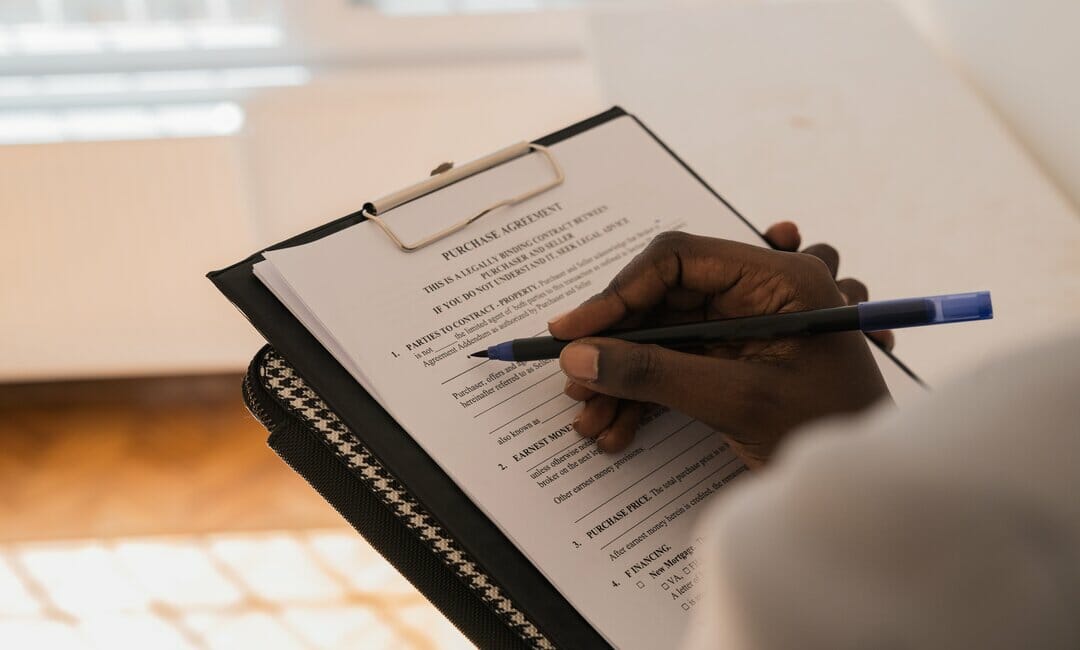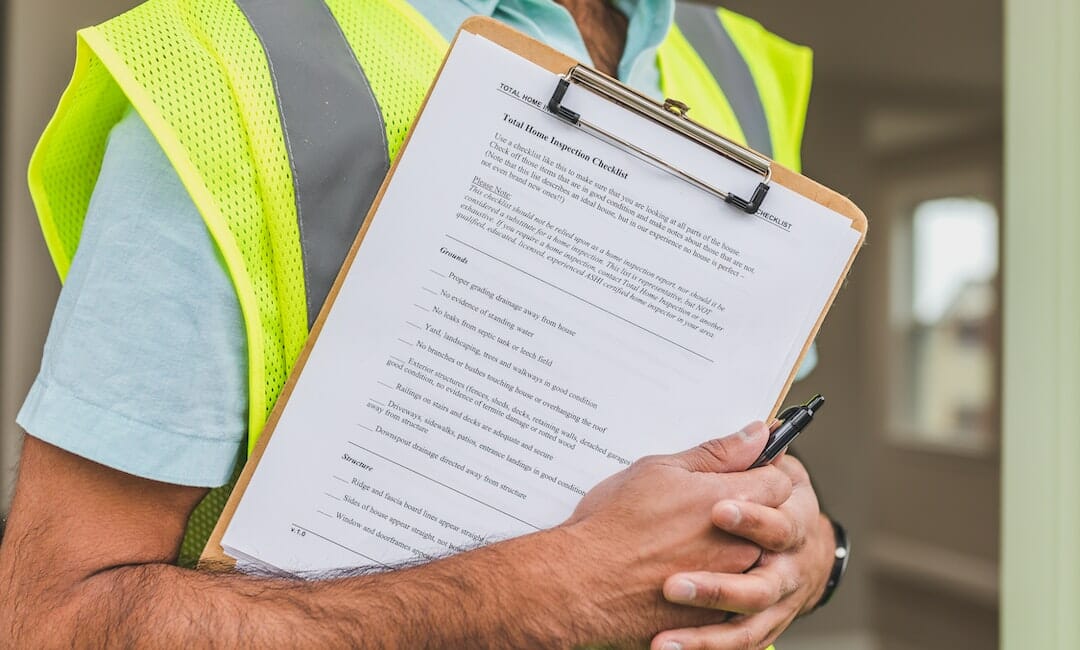Buying an auction property in Ireland can be an exciting opportunity for anyone looking to purchase a property at a potentially discounted price. However, it’s important to understand the process of buying an auction property in Ireland before diving in.
In this article, we’ll cover everything you need to know about buying an auction property in Ireland, from finding the right property to bidding and closing the sale.
What is an auction property?
An auction property is a property that is sold through an auction process rather than through a traditional estate sale. The property is typically listed for sale at a specified time and place, and buyers can bid on the property in a competitive setting.
The highest bidder at the end of the auction is typically awarded the right to purchase the property. Auction properties may include homes, commercial properties, land, and other types of real estate. Auction properties are often sold “as-is” which means that buyers are responsible for any repairs or improvements needed on the property. Auction properties may offer a potential discount for buyers, but they can also be more challenging to purchase due to the competitive bidding environment and the need to complete the purchase quickly.
How do property auctions work in Ireland?
In Ireland, property auctions work similarly to property auctions in other countries. Here’s how they typically work:
- The auctioneer lists the property. The property is typically listed for sale through an auctioneer or real estate agent who specialises in auction sales. The auctioneer will provide details about the property, including its location, size, and any other relevant information for prospective buyers to make a decision.
- The auction is advertised. The auctioneer will advertise the auction in local newspapers, online, and through other channels to attract potential buyers.
- The auction is held. The auction is typically held in person or online, and buyers can bid on the property. The auctioneer will start the bidding at a certain price and invite bids from the audience. Bidders can then make their bids by raising their hands or using other signals.
- The highest bidder wins. The auctioneer will continue to accept bids until there are no further offers. The property is then sold to the highest bidder, who must pay a deposit (usually 10% of the purchase price) on the day of the auction.
- The sale is completed. If you’re the highest bidder at the auction, you’ll need to complete the sale within a certain timeframe (usually between 28 and 42 days). During this time, you’ll need to finalise your financing, complete any necessary inspections or surveys, and work with your solicitor to complete the legal paperwork. Once everything is in order, you’ll sign the contracts and pay the balance of the purchase price minus your deposit.

What are the rules of a property auction?
Property auction rules are a set of guidelines and regulations that govern the auction process and ensure that the sale is fair, transparent, and legally binding. Here are some of the common property auction rules in Ireland:
- Auction catalogue. The auction catalogue must accurately describe the property, including its location, size, and condition. Any known issues or defects must also be disclosed.
- Reserve price. The auctioneer may set a reserve price which is the minimum price that the seller is willing to accept for the property. If the bidding does not reach the reserve price, the property may be withdrawn from the auction.
- Bidding process. The bidding process must be transparent and fair. The auctioneer will start the bidding at a certain price and invite bids from the audience. Bidders can then make their bids by raising their hands or using other signals. The auctioneer may also accept bids by telephone or online.
- Deposits. Buyers are typically required to pay a deposit (usually 10% of the purchase price) on the day of the auction. The deposit is non-refundable, and failure to pay the deposit can result in the property being offered to the next highest bidder.
- Completion timeframe. If you’re the highest bidder, you’ll need to complete the sale within a certain timeframe (usually between 28 and 42 days). During this time, you’ll need to secure your financing and complete any necessary inspections or surveys, and work with your solicitor to complete the legal paperwork.
- Buyer’s premium. Some auctioneers charge a buyer’s premium which is an additional fee that buyers must pay on top of the purchase price. This fee is typically a percentage of the purchase price and covers the auctioneer’s expenses.
- Legal advice. It’s recommended that buyers seek legal advice before bidding on an auction property. A solicitor who has experience with auction sales can help guide you through the legal process and ensure that everything is in order.
- Withdrawal of property. The seller may withdraw the property from the auction at any time before the hammer falls, but they may be required to pay a fee to the auctioneer.

How to register for an auction property
Once you’ve spotted an auction property you are interested in bidding on, or you simply want to register for an auction house to see what opportunities become available, follow the steps below to get registered:
- Find an auction. Search online or contact local auctioneers to find upcoming auctions in your area. Auctions are typically advertised in local newspapers, online, and through other channels.
- Read the auction catalogue. Once you’ve found an auction that you’re interested in, read the auction catalogue carefully. The catalogue will provide details about the property, including its location, size, condition, and any known issues or defects. It will also provide information on the auction date, time, and location.
- Check the registration requirements. Each auctioneer will have their own registration requirements, so be sure to check what is required for the specific auction you’re interested in. Some auctioneers may require proof of funds, identification, and/or pre-registration prior to the auction.
- Register to bid. To register to bid, you must complete a registration form and provide any required documentation. You may be asked to provide proof of identification, proof of funds (such as a mortgage approval or bank statement) and/or a deposit.
- Attend the auction. On the day of the auction, be sure to arrive early and check in with the auctioneer to confirm your registration. You’ll receive a bidder number, which you’ll use to bid on the property.

How to find auction properties?
Auction properties are not always listed on the usual property websites like Daft.ie or Rightmove. So it’s useful to know where to look if you are interested in buying a property at auction.
There are several ways to find auction properties in Ireland. Here are some of the best ways:
- Online Auction Platforms. One of the easiest ways to find auction properties is through online auction platforms such as Allsop, BidX1, and Munster Property Auction. These platforms offer a wide range of properties, including residential, commercial, and investment properties, and allow you to bid on properties from the comfort of your own home.
- Local Auctioneers. Another way to find auction properties is to contact local auctioneers in your area. Many auctioneers specialise in selling properties at auction, and they may have listings for upcoming auctions. You can also check local newspapers and classified ads for auction listings.
- Estate Agents. Estate agents may also have auction properties for sale, as some properties are sold at auction to speed up the sales process. Contact estate agents in your area and ask if they have any upcoming auction listings.
- Property Auctions Ireland. Property Auctions Ireland is an online auction platform that specialises in auctioning off residential properties. The platform features a wide range of properties across Ireland and allows buyers to bid online or in person.
- Auction Listings Websites. Several websites aggregate auction listings from various auctioneers, making it easier to find auction properties. Websites such as MyHome.ie and PropertyPal.com feature auction listings along with traditional sales listings.
When searching for auction properties, it’s important to research the properties thoroughly before bidding. This includes viewing the property, getting a professional inspection, and researching the local area. It’s also important to set a budget and stick to it. Auctions can be extremely competitive, and it’s easy to get caught up in the bidding process.
Working with a solicitor with experience in auction sales can also help guide you through the legal process and ensure that everything is in order.

Property auction costs
When buying a property at auction in Ireland, there are several costs to consider, in addition to the purchase price of the property. Here are some of the main costs to be aware of:
- Auctioneer’s fees. The auctioneer will charge a fee for conducting the auction, which is usually a percentage of the purchase price. This fee can range from 1% to 2% of the purchase price depending on the auctioneer.
- Legal fees. You’ll need to hire a solicitor to handle the legal aspects of the sale, including preparing and reviewing contracts and conducting searches. Legal fees can vary depending on the solicitor and the complexity of the sale but typically range from €1,000 to €2,500.
- Surveyor’s fees. It’s important to have a professional surveyor inspect the property before bidding to identify any potential issues or defects. Surveyor’s fees can vary depending on the size and type of property but typically range from €400 to €1,000.
- Valuation fees. Some mortgage lenders may require a valuation of the property before approving a mortgage. Valuation fees can vary depending on the lender as well as the size and type of property but typically range from €150 to €300.
- Stamp duty. Stamp duty is a tax on property transactions, and the amount varies depending on the purchase price of the property. In Ireland, the stamp duty rate is currently 1% on properties up to €1 million and 2% on properties over €1 million.
- Deposit. If you’re the successful bidder at the auction, you’ll typically be required to pay a deposit of 10% of the purchase price on the day of the auction. This deposit is non-refundable if you fail to complete the sale within the specified timeframe.
Be sure to factor in these costs when setting your budget for an auction property. In some cases, the costs of purchasing a property at auction can be higher than purchasing a property through traditional channels, so it’s important to weigh the pros and cons before deciding to bid at auction.

How to finance an auction property?
Financing an auction property in Ireland can be a bit more challenging than financing a traditional property sale, as the timeframe for completing the sale is usually far shorter, and there is a higher degree of uncertainty around the purchase. Here are some options for financing an auction property:
- Cash. If you have the funds available, paying cash for an auction property can simplify the financing process and make your bid more attractive to the seller. However, this option may not be feasible for everyone, especially for higher-priced properties.
- Pre-approved mortgage. If you plan to finance the purchase through a mortgage, it’s important to get pre-approved for a mortgage before bidding on the property. This will give you a clear idea of how much you can afford to bid and help you act quickly if you’re a successful bidder. Remember that even when you have a mortgage preapproved, the process to completion can be slow so check timeframes with your lender to ensure you can complete it within the auctioneer’s timeframe.
- Bridging loan. A bridging loan, like one available from Novellus, is a short-term loan that can be used to bridge the gap between the purchase of the auction property and the sale of another property or the receipt of funds from another source. They are an excellent option when you need to act quickly to secure the property.
When considering your financing options, it’s important to factor in the additional costs associated with purchasing an auction property, such as auctioneer fees, legal fees, surveyor fees, and stamp duty. It’s also important to have a clear idea of your budget and to set a maximum bid that you’re comfortable with, to avoid overstretching yourself financially. Working with a mortgage broker who has experience with auction finance can help you navigate the process and find the best financing option for your needs.
Conclusion
We hope this guide has covered everything you need to know about buying an auction property in Ireland. It can be a great way to secure a property at a potentially lower price than through traditional channels. However, it’s important to be well-informed about the auction process, including the rules and regulations, costs, and financing options.
It’s also important to conduct thorough research on the property and have a clear budget as well as a maximum bid in mind before entering the auction room. Working with experienced professionals, such as a solicitor and mortgage brokers, can help you navigate the process and ensure that everything is in order. With careful preparation and a bit of luck, purchasing an auction property in Ireland can be a rewarding and exciting experience.


